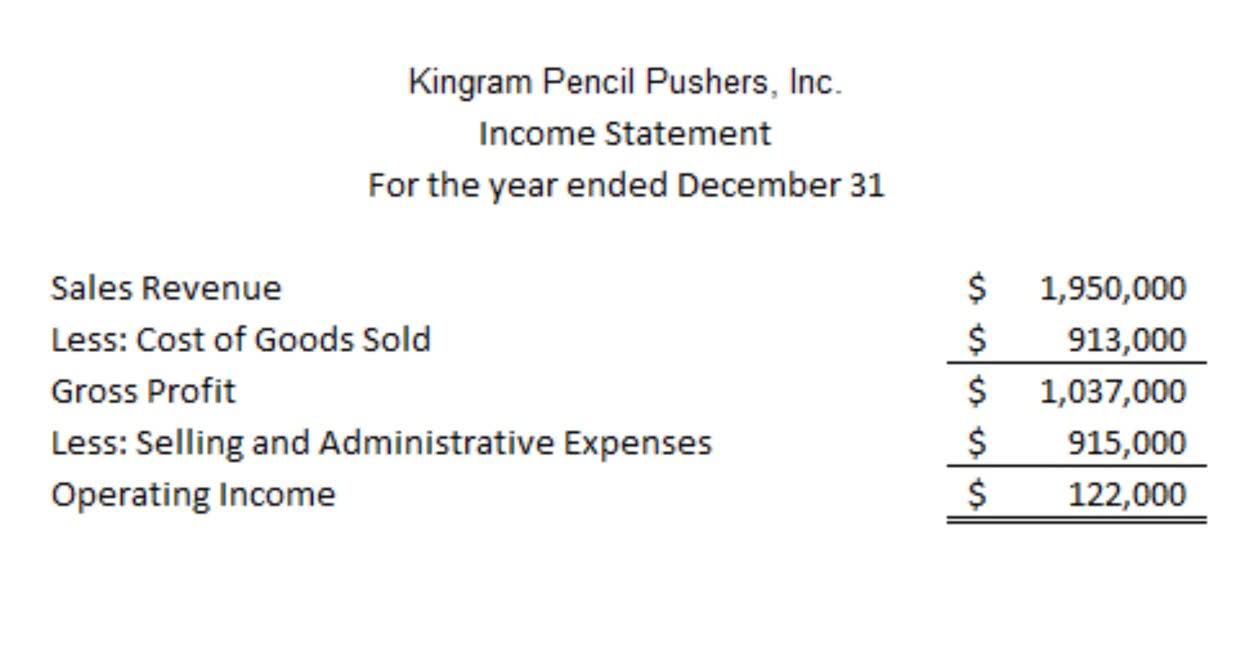Leverage Definition: What Is Leverage?
Content

Leverage can be used in short-term, low risk situations where high degrees of capital are needed. For example, during acquisitions or buyouts, a growth company may have a short-term need for capital that will result in a strong mid-to-long-term growth opportunity. Financial ratios hold the most value when compared over time or against competitors. Be mindful when analyzing leverage ratios of dissimilar companies, https://www.bookstime.com/ as different industries may warrant different financing compositions. In a related Q&A we illustrate how leverage can increase or decrease the returns on investments. Leverage, to answer this question simply, should only really be used when appreciation is very likely or even assumed. That’s why this term is most often used in real estate, as real estate prices are fairly consistently on the rise.

Rather than think of a business plan as a method of crunching numbers, think of it as an interactive tool to get you from point A to point B. To leverage your business plan, be sure to include clear goals and anticipated challenges, and stay flexible so you can adapt to changes in real time.
leverage
In accounting and finance, leverage is the use of a significant amount of debt to purchase an asset, operate a company, acquire another company, etc. The financial leverage greater the leverage, the greater the possible gain or potential loss. “Leverage” is a general term for any technique used to multiply gains and losses.
- Leverage is usually thought of as bank loans, but it can also be other kinds of obligations.
- Consumers in the United States and many other developed countries had high levels of debt relative to their wages, and relative to the value of collateral assets.
- If you have good credit, you may qualify for a low-interest personal loanto get cash to invest.
- Leverage is the practice of actually receiving a loan from a bank or lending institution for specific purposes, explains Saedian.
- With looming unpaid debts, creditors may file a case at the bankruptcy court to have the business assets auctioned in order to retrieve their owed debts.
- A leveraged buyout is the purchase of a business using borrowed money.
The equity multiplier is a calculation of how much of a company’s assets is financed by stock rather than debt. In general, a debt-to-equity ratio greater than one means a company has decided to take out more debt as opposed to finance through shareholders. Though this isn’t inherently bad, it means the company might have greater risk due to inflexible debt obligations. The company may also experience greater costs to borrow should it seek another loan again in the future. However, more profit is retained by the owners as their stake in the company is not diluted among a large number of shareholders. Using leverage can result in much higher downside risk, sometimes resulting in losses greater than your initial capital investment.
Leverage time
Leveraging is the idea of using a tool to gain more momentum, success, or big results.Leverage in business involves using cash from loans to fund business growth through the purchase of assets. This growth would not be possible without the benefit of additional funds gained through leverage.You don’t have to be a big company to benefit from using leverage. With Lantern by Sofi, you can compare rates from multiple small business lenders without any obligation.

Jackie Lam is a personal finance writer and is based in Los Angeles. She is a candidate for the ACFPE® financial coaching certification. Many or all of the offers on this site are from companies from which Insider receives compensation . Advertising considerations may impact how and where products appear on this site but do not affect any editorial decisions, such as which products we write about and how we evaluate them. Stand out and gain a competitive edge as a commercial banker, loan officer or credit analyst with advanced knowledge, real-world analysis skills, and career confidence.
How leverage works
The goal is to have the return on those assets exceed the cost of borrowing funds that paid for those assets. The goal of financial leverage is to increase an investor’s profitability without requiring to have them use additional personal capital.
- Stand out and gain a competitive edge as a commercial banker, loan officer or credit analyst with advanced knowledge, real-world analysis skills, and career confidence.
- Buy $100 of a 10-year fixed-rate treasury bond, and enter into a fixed-for-floating 10-year interest rate swap to convert the payments to floating rate.
- The two most common financial leverage ratios are debt-to-equity (total debt/total equity) and debt-to-assets (total debt/total assets).
- However, adebt-to-equity ratioabove 2 is considered highly leveraged and quite risky.
Besides his extensive derivative trading expertise, Adam is an expert in economics and behavioral finance. Adam received his master’s in economics from The New School for Social Research and his Ph.D. from the University of Wisconsin-Madison in sociology. He is a CFA charterholder as well as holding FINRA Series 7, 55 & 63 licenses. He currently researches and teaches economic sociology and the social studies of finance at the Hebrew University in Jerusalem.
What Is Leverage?
If an industry is high-risk or involves property that’s likely to depreciate, using large sums of borrowed money is not likely to be beneficial. In simple terms, you could win more or you could lose more by using financial leverage. Lastly, financial leverage refers to the use of debt to acquire additional assets. An asphalt contractor wants to increase his earning potential by adding another truck to his fleet so he can take on more jobs. A truck costs $50,000, which he knows he can make in cash over a period of a few months.
- A failed relationship becomes a source of self-knowledge that reveals areas you can improve on in future relationships.
- Financial leverage is an investment strategy where businesses borrow money to buy assets and increase capital to expand their venture.
- While leverage affords plenty of potential for upside, it can also end up costing you drastically more than you borrow, especially if you aren’t able to keep up with interest payments.
- Leverage can be used in short-term, low risk situations where high degrees of capital are needed.
- Besides his extensive derivative trading expertise, Adam is an expert in economics and behavioral finance.
- Regardless of whether the company makes sales or not, the company needs to pay fixed costs such as depreciation on equipment, overhead on manufacturing plants, and maintenance costs.
On top of that, brokers and contract traders will charge fees, premiums, and margin rates. Even if you lose on your trade, you’ll still be on the hook for extra charges. Although debt is not directly considered in the equity multiplier, it is inherently included as total assets and total equity each has direct relationships with total debt. The equity multiplier attempts to understand the ownership weight of a company by analyzing how assets have been financed. A company with a low equity multiplier has financed a large portion of its assets with equity, meaning they are not highly levered. Since the cost of debt is normally less than the cost of obtaining additional stockholders‘ equity, it is wise for a company to use some debt to control a larger amount of profitable assets.